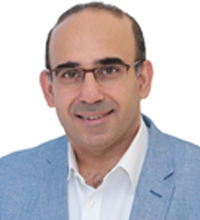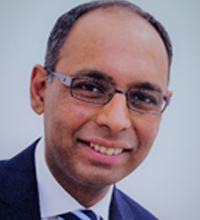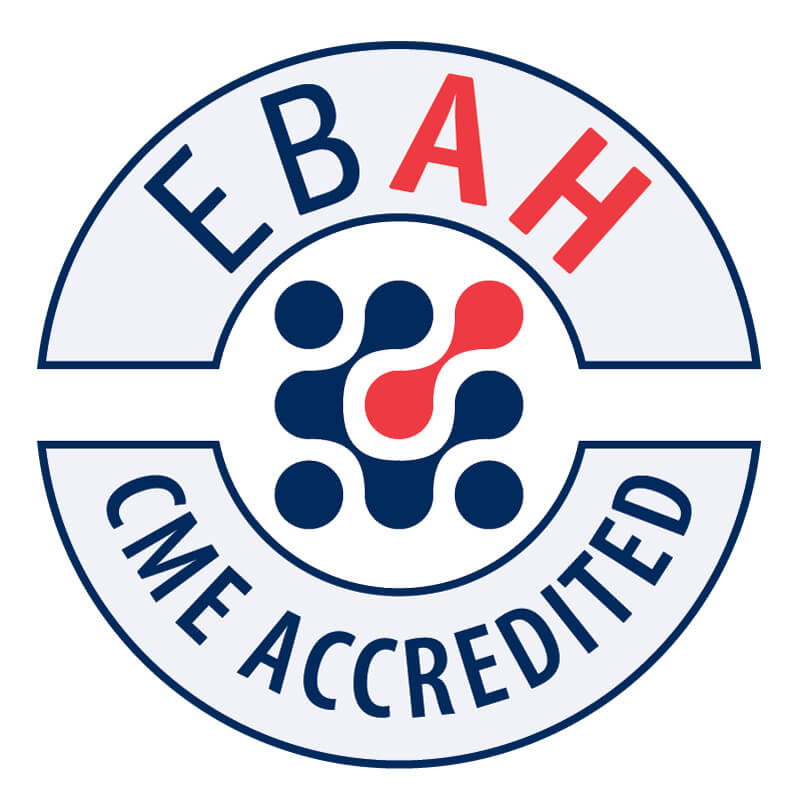Independent education symposium by Springer Healthcare IME

BCMA-targeted therapies in myeloma: The new treatment frontier
Thursday 23rd May 2024 – 08:30-10:00 CEST
| AGENDA | |
|---|---|
| 08:30 | Welcome and introduction: Targeting BCMA in MM Mohamad Mohty |
| Where do we stand with the different modalities of therapy? | |
| 08:35 | Anti-BCMA bispecific antibodies Saad Usmani |
| 08:55 | Anti-BCMA ADCs Rakesh Popat |
| 09:15 | Anti-BCMA CAR-T cells Suzanne Lentzsch |
| 09:35 | Discussion and audience Q&A All |
| 09:45 | Closing Mohamad Mohty |
Learning Objectives
After participating in this program, learners will be able to:
- Explain the different BCMA-targeting strategies for patients with MM
- Evaluate the latest clinical data available for these therapies and their implications for clinical practice
- Assess challenges and remaining needs for the future of myeloma therapy
Faculty

Mohamad Mohty
Sorbonne University, Hôpital Saint-Antoine, Paris

Rakesh Popat
University College Hospital, London, UK

Suzanne Lentzsch
Columbia University, USA

Saad Usmani
Memorial Sloan Kettering Cancer Center, USA
Accreditation

This symposium has been reviewed and approved for CME accreditation by the European Board for Accreditation in Hematology (EBAH) CME Unit. The EBAH-CME Unit has approved this educational activity for:
1 EBAH credit points
Each physician should only claim credits for time that she/he actually spent in the educational activity.
All participants may print a European Board for Accreditation in Hematology (EBAH) CME certificate indicating the number of EBAH-CME Credit Points awarded, directly from the system on the CME section of the EBAH website at (www.ebah.org).
How to collect your EBAH-CME credit points:
- Visit our website: ebah.org
- Create a professional account: simple and free of cost
- Complete the short evaluation form at the end of the symposium and select the option to receive CME credits
Within the EBAH-CME system you can:
- Print your EBAH-CME certificates
- Review and manage your personal account
- Search for accredited events based on the European Hematology Curriculum
For further assistance please contact:
EBAH
Email: [email protected]
Tel: +31 70 3020 099
Funding
This educational activity is supported by an educational grant from GlaxoSmithKline.